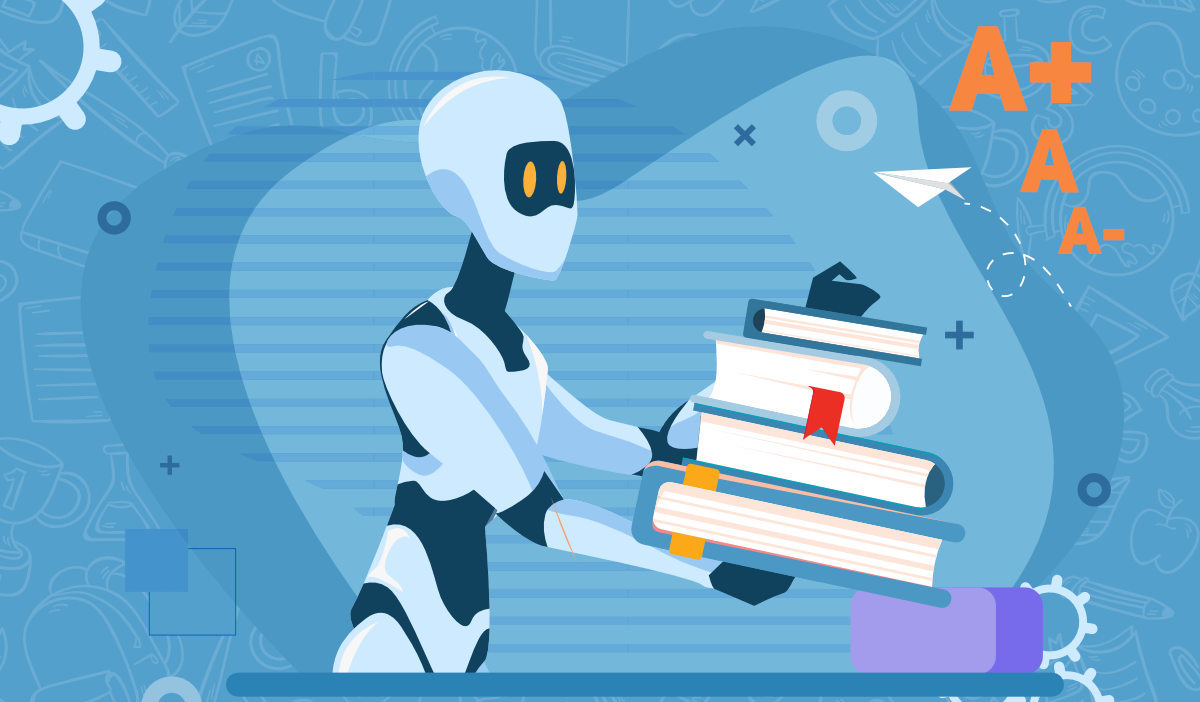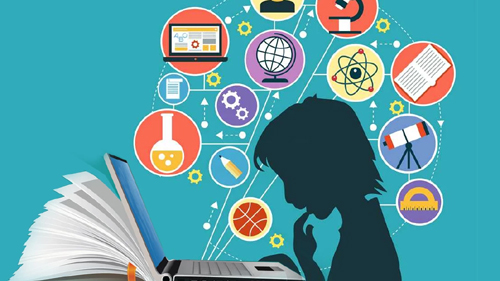Artificial intelligence (AI) is a rapidly evolving field that has the potential to revolutionize the way we educate students. From personalized learning to automated grading, AI is being used in a variety of ways to improve the educational experience for students and teachers alike.
One of the most promising applications of AI in education is personalized learning. AI algorithms can analyze a student's performance data and adjust the curriculum to suit their individual needs and learning style. This can include providing personalized feedback, adjusting the difficulty level of assignments, and recommending specific resources for further study. Personalized learning has been shown to improve student engagement and academic performance, and it can be particularly beneficial for students who have fallen behind or who have specific learning needs.
Another area where AI is being used in education is in the assessment of student work. Automated grading algorithms can quickly and accurately grade written assignments, saving teachers a significant amount of time. Additionally, these algorithms can provide detailed feedback on student work, which can help teachers identify areas where students need additional support.
AI is also being used to enhance the educational experience for students in other ways. Virtual tutors, for example, can provide immediate feedback and guidance to students as they work through problems. Chatbots can be used to answer students' questions and provide additional resources. And, AI-powered learning management systems can analyze student data to provide teachers with real-time insights into student performance, and track students' engagement level.
However, it's worth mentioning that, while AI has the potential to improve education in many ways, it is not a panacea. The use of AI in education requires careful planning and implementation to ensure that it is used effectively. Additionally, it's important to note that there are ethical and legal considerations that must be taken into account when using AI in education, such as student privacy and data security.
One example of the use of AI in education is the adaptive learning platform, Knewton. The platform uses machine learning algorithms to analyze data on student performance, such as their answers to questions and the time it takes them to complete assignments. Based on this data, the platform can adjust the difficulty level of the material, provide personalized feedback, and recommend specific resources for further study. For example, if a student is having trouble with a particular topic, the platform might provide additional practice problems or videos on that topic.
Another example is a company called Gradescope which using AI to grade students' written work, such as homework assignments and exams. The platform uses machine learning algorithms to analyze student work and provide detailed feedback, including comments on grammar and structure, as well as suggestions for improvements. This technology can save teachers a significant amount of time and allow them to provide more detailed feedback to students than would be possible with manual grading.
A third example is the use of virtual tutors powered by AI, such as ALEKS, that provides students with immediate feedback and guidance as they work through problems. The system uses machine learning algorithms to analyze students' performance, adjust the difficulty level of the material, and provide targeted instruction to help students improve their understanding of specific topics.
These are just a few examples of how AI is being used in education to enhance the learning experience for students. As the field of AI continues to evolve, we can expect to see more and more innovative ways in which this technology is being used to improve education.
In conclusion, AI has the potential to transform the way we educate students. From personalized learning to automated grading, AI can help educators to create more effective and engaging learning environments. However, it's important to be aware of the limitations of AI and to use it in a thoughtful and ethical way. As the field of AI continues to evolve, it will be essential for educators to stay informed about the latest developments and to use this powerful technology to benefit students.




